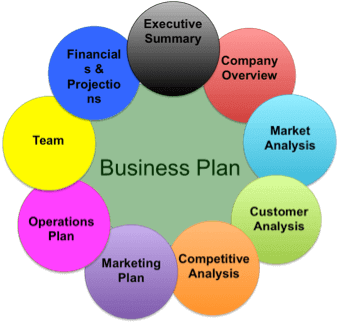Top Five Advantages of Hybrid Storage
 One of the hottest innovations in enterprise data storage is the arrival of hybrid storage (HS) systems. Using a blend of HDD and SSD, HS offers both performance and capacity. It successfully resides in the middle ground between traditional and all flash data storage. While the middle ground may not be as exciting as one extreme or another, HS delivers many advantages worth getting excited about. Below are the top five advantages.
One of the hottest innovations in enterprise data storage is the arrival of hybrid storage (HS) systems. Using a blend of HDD and SSD, HS offers both performance and capacity. It successfully resides in the middle ground between traditional and all flash data storage. While the middle ground may not be as exciting as one extreme or another, HS delivers many advantages worth getting excited about. Below are the top five advantages.
1. Cost – Traditional hard disk drives are dramatically cheaper than solid state drives, making a move to an all flash environment cost-prohibitive. Hybrid storage blends the two, allowing for the massive storage capacities of an HDD environment and the improved performance of a SSD solution at a more affordable cost per gigabyte than an all flash environment. While a hybrid solution may be slightly more than an all HDD solution, it brings with it other advantages that could make the small bump in price worthwhile. In addition, HS pools consume less energy and are easier to manage which could further reduce costs.
2. Performance – Solid state drives are considerably faster than their spinning hard disk drive counterparts, but at a significant cost per gigabyte. Hybrid storage harnesses that performance by using solid state drives to cache commonly accessed data and hard disk drives for storing less frequently used data.
3. Reliability and Error Reduction – Hybrid storage reduces heavy demands on resources and eliminates common problems such as login storms. As a result, read and write errors are less common. In addition, solid state drives tend to be extremely reliable. There are no moving parts and they can withstand heavy vibrations and shocks. A blended system leverages this reliability. Hot-swappable arrays and no-single-point-of-failure architectures also improve reliability and minimize downtime.
4. Data Protection – The integrity of your data is of utmost importance. Many HS solutions integrate snapshots and replication into the array, ensuring that your enterprise data is protected. If you choose a solution with built-in data backups and replication, separate data backup software may not be needed. This further reduces costs and administration. In addition, snapshots allow for nearly instant recoveries.
5. Scalability – Just as traditional HDD enterprise data storage systems are highly scalable, the same is true of hybrid systems. For example, some systems use daisy chain scalability, allowing you to add drives to the array without disrupting operations. Whether you need to start out small or need to quickly add capacity, your enterprise data storage can grow with your organization.
Hybrid storage solves a number of problems associated with both traditional and solid state enterprise data storage systems. It is dramatically faster than traditional storage while still offering massive storage capacity. It is less expensive than solid state technology both in terms of upfront costs and operating costs. Hybrid storage is also highly reliable and scalable with a myriad of options to ensure the integrity of your data. With so many advantages, hybrid storage is poised to change the enterprise data storage landscape for the better.







